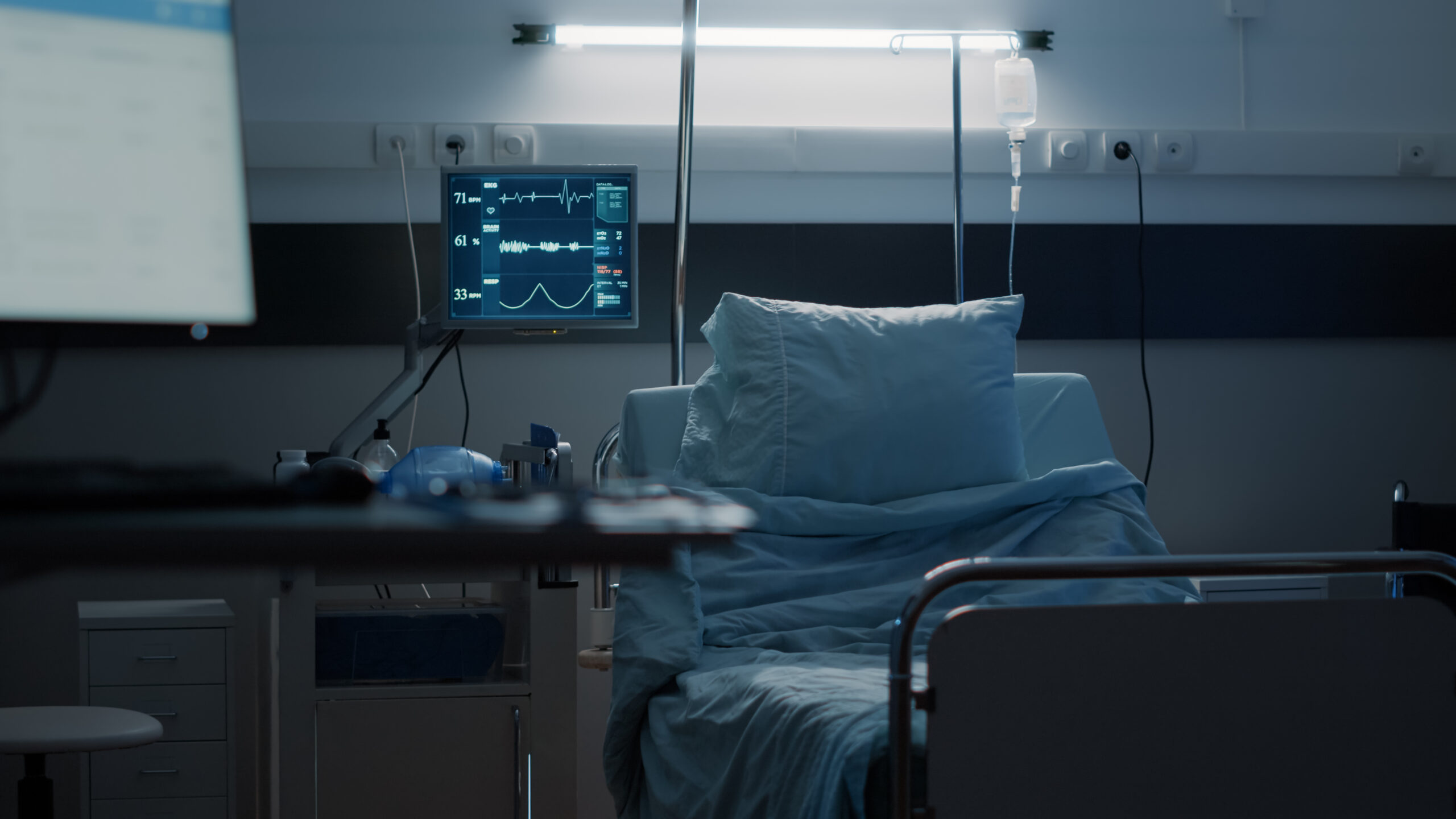Successful case of Uruguayan woman with double kidney transplant who got infected with COVID-19 in 2021, developed a severe case of the disease and recovered thanks to the treatment of convalescent plasma was recently published in the journal
international scientific Frontiers in Nephrology. The case is interesting because of its
particular characteristics of the patient, her positive outcome and the work between
scientists and clinicians.
The study coordinated by Pilar Moreno, Gonzalo Moratorio (both researchers from the Institut Pasteur of Montevideo and the Faculty of Sciences of Udelar), and Nicolás Nin, a physician at Hospital Español, describes the work carried out together between physicians and scientists to provide answers to one of the major challenges during the pandemic, especially when vaccines for COVID-19 had not yet arrived: find effective treatments that aid in the recovery of acute patients.
In the published case, the experts employed convalescent plasma therapy, a treatment that utilizes blood from individuals who have experienced and recovered from a disease to assist other patients, particularly those afflicted by the same ailment and with weakened immune system.
In the case of COVID-19, blood donated by people recovered from the disease has antibodies against SARS-CoV-2 virus that can be administered to patients in order to stimulate their immune systen to fight the infection.
The article reports what happened to a 42-year-old female patient who had received two kidney transplants in 2018 and contracted COVID-19 in 2020. In October 2020, the patient exhibited severe respiratory symptoms, necessitating her admission to the intensive care unit at Hospital Español . There, supported by a group of physicians and scientists, due to immunological compromise as a result of transplant recipient, she underwent two doses of convalescent plasma, which marked the turning point of its recovery.
After 23 days from the onset of symptoms, the patient’s condition improved, and
on November 14th she was discharged, asymptomatic and without sequelae. During the study, the researchers analyzed the viral load in different biological samples, as well as the levels of proinflammatory cytokines and antibodies in serum samples. After transfusion of convalescent plasma they noted a significant decrease in viral load, saliva and nasopharyngeal swab samples, and a slight decrease in tracheal aspirate. In addition, an increase in antibody levels was detected, and a reduction of the levels of cytokines of the
cytokine storm.
These positive results may help experts to consider this therapy as a tool to treat severe cases of COVID-19 in immunocompromised patients, especially in developing countries with limited resources. The study highlights the importance of continuing research and development of effective treatments for COVID-19 and future emerging viral diseases.
The article is available here.


